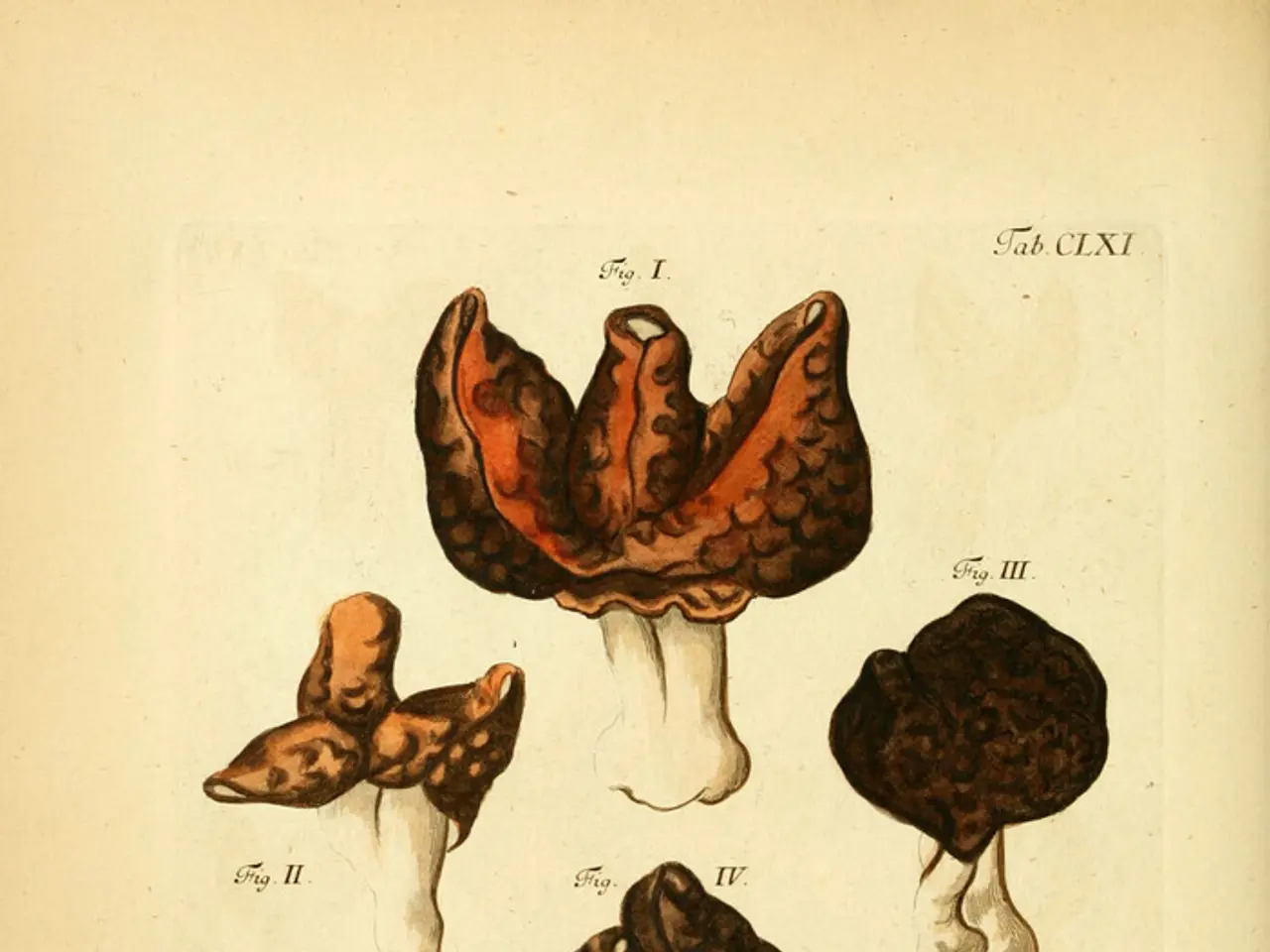Symptoms and Indications of Liver Deterioration
Chronic liver disease (CLD) is a progressive condition that affects the liver over months to years, leading to reduced functionality and potential complications. The disease progresses through distinct stages, each characterised by increasing scarring or fibrosis.
In its earliest stage, no fibrosis (F0), the liver remains normal without any visible scarring. As the disease advances, scar tissue begins to form, marking the onset of mild fibrosis (F1-F2). At this stage, the liver structure remains relatively unchanged, and symptoms are often absent or subtle.
As fibrosis progresses to significant fibrosis (F3), extensive scarring occurs, although liver function may still be relatively preserved. At this stage, early symptoms such as persistent fatigue, mild abdominal discomfort, and unexplained weakness may become apparent.
The most advanced stage of CLD is cirrhosis (F4), characterised by extensive scarring causing major liver dysfunction and structural distortion. Symptoms at this stage may include jaundice, easy bruising or bleeding, swelling in the legs or abdomen (ascites), dark urine, pale stools, itching, and confusion.
Early detection of CLD can be challenging due to the subtle nature of its early symptoms. However, immediate medical evaluation is crucial if symptoms like jaundice, swelling, or severe abdominal pain appear.
Liver disease can manifest in various forms, such as fatty liver disease, autoimmune liver diseases, genetic liver diseases, and acute liver disease. Fatty liver disease occurs when fat develops in the liver, potentially damaging it over time. Autoimmune liver diseases, like autoimmune hepatitis, can cause symptoms such as nausea, fatigue, diarrhea, loss of appetite, jaundice, and swelling in the legs. Genetic liver diseases, such as alpha-1 antitrypsin deficiency and Alagille syndrome, can also affect liver health.
Liver failure, a life-threatening condition, occurs when the liver slows or stops functioning. Common early symptoms of liver failure include fatigue, nausea, loss of appetite, and diarrhea. Symptoms of liver cancer, another serious complication, may include loss of appetite, unintentional weight loss, enlarged liver, enlarged spleen, feeling full after a small meal or snack, nausea, vomiting, abdominal pain, itching, fluid buildup in the abdomen, and jaundice.
Treatment for liver disease depends on the specific type of liver disease, the individual's age, and other medical conditions. In some cases, treatments can cure the condition or prevent it from leading to life-threatening liver failure. For optimal liver health, it is best to avoid non-nutritious foods such as ultra-processed foods, fast food, sugary foods, and sweetened drinks, and to limit alcohol and sugary drink consumption.
In conclusion, understanding the stages, symptoms, and treatments of chronic liver disease is essential for early detection and effective management. If you experience any symptoms suggestive of liver disease, it is crucial to seek immediate medical attention.
- Predictive models can help type the stage of chronic liver disease (CLD) based on specific health indicators.
- Depression and anxiety are common in people with CLD, highlighting the importance of mental-health therapies and treatments.
- HIV patients are at a higher risk of developing liver cancer, a chronic disease that requires ongoing medical-condition management.
- Liver cancer and other chronic diseases like diabetes, asthma, hepatitis other than C, and respiratory conditions can be prevented or managed through fitness-and-exercise, nutrition, and workplace-wellness programs.
- Hepatitis C can cause liver cancer, but treatments like PREP can help reduce the risk of transmission.
- CBD, a compound found in cannabis, is being researched for its potential use in treating fatty liver.
- Science continues to explore the link between ageing, digestive-health issues like fatty liver, and the onset of other chronic diseases.
- Sleeplessness can exacerbate the symptoms of chronic diseases such as CLD, diabetes, and depression, emphasizing the importance of good sleep hygiene and wellness practices.
- Skin-care and eye-health are often overlooked aspects of overall health, but conditions like skin-conditions and neurological-disorders can impact liver function.
- Hearing impairment, early detection, and proper management are crucial for maintaining cardiovascular-health, which plays a significant role in liver function.
- Womens-health issues such as hormonal imbalances can affect liver function and increase the risk of developing CLD.
- Mens-health issues like prostate disorders can affect hormone levels, potentially impacting liver health.
- Parenting can be stressful, and stress is known to worsen chronic diseases like CLD and depression.
- Weight-management is essential for preventing and managing CLD as well as other chronic diseases like diabetes and cardiovascular-health issues.
- Medicaid and Medicare can provide financial assistance for cbd, therapies-and-treatments, and ongoing medical care for people with chronic liver disease.
- Neurological-disorders such as Parkinson's and Alzheimer's can be linked to liver health, making their diagnosis and treatment crucial in maintaining overall health and wellness.
- Maintaining a healthy diet rich in nutrition and avoiding unhealthy foods can help manage weight, improve fitness-and-exercise performance, and reduce the risk of developing chronic diseases like liver disease and skin-conditions.
- Aging can lead to various autoimmune-disorders that impact digestive-health, eye-health, and skin-care, making it essential to stay vigilant about one's health as they age.
- Early detection and prompt intervention are crucial for managing chronic diseases like CLD, as well as other health-and-wellness issues such as sexual-health, cardiovascular-health, and hearing.




